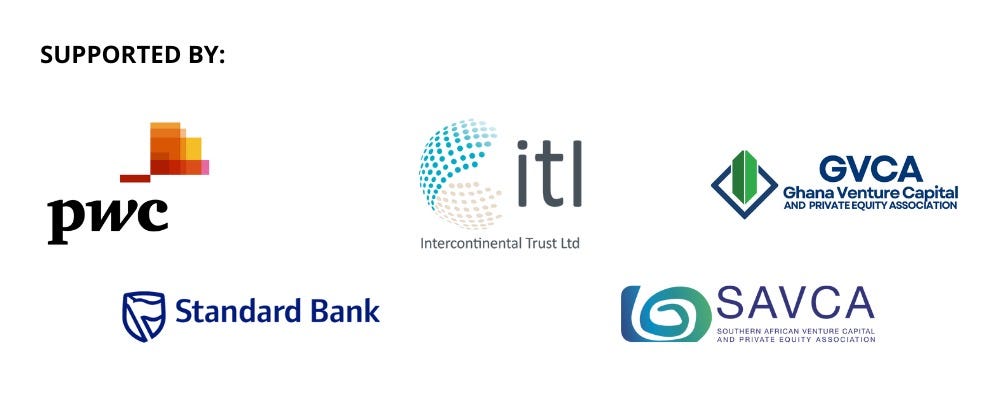** For the best experience, download the free Africa Private Equity News app Android | iOS **
DEG has extended a €16.5 million long-term loan to German horticultural group Selecta One to support its expansion in East Africa through the acquisition of Wagagai, a Ugandan cutting farm. Part of the financing will be used to modernise the facility.
Selecta One is a grower of bedding and container plants, perennials, grasses and cut flowers. Its customers range from large international producers to local garden centres. The group operates at 13 sites in Europe, Africa, Latin America and Asia.
DEG has been supporting Selecta One in Kenya for years – both financially and in an advisory capacity. It provided an initial equity loan back in 2014 to expand production.
“DEG is maintaining a decades-long partnership with Selecta One and Wagagai. Our recent financing provides scope for further growth to a family-run German company that stands for innovation and social responsibility. It also safeguards the existence of the Wagagai farm, which provides over 2,000 jobs,” said DEG CEO, Roland Siller.
“The acquisition of Wagagai is more than a strategic investment – it is a continuation of shared values and a long-standing partnership,” said Per Klemm, CEO of Selecta One. “We are delighted to integrate Wagagai into the Selecta family with DEG’s help, and to build on the impressive foundation of horticultural expertise and social responsibility.”
Want to know who is raising, investing, and exiting in Africa? Get Africa Private Equity News’ monthly Dealmaker’s Log – a database of reported investment deals, exits, and fundraising closes. Subscribe now



